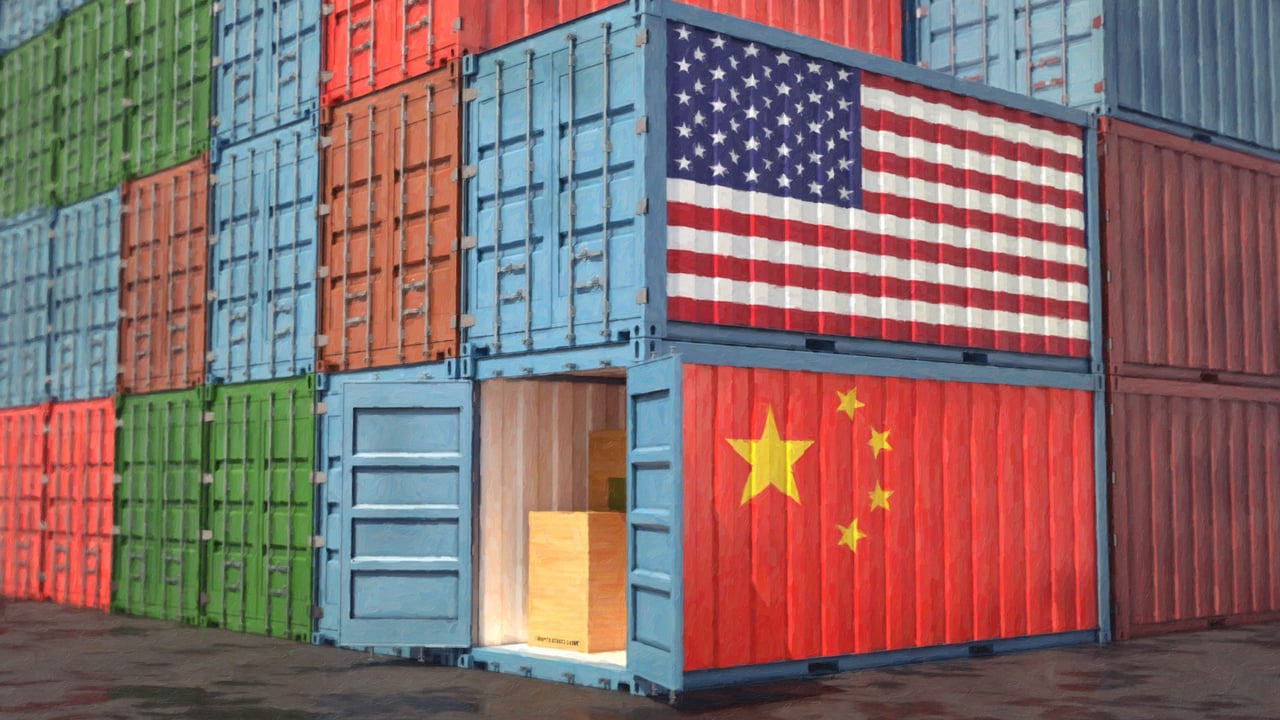ICSA: US 'trade war' could also impact beef and sheep farmers
Ireland's dairy and whiskey exports would not be the only industries that could be impacted by a looming US "trade war", according to the the president of the Irish Cattle and Sheep Farmers’ Association (ICSA).
Sean McNamara today (Thursday, April 3) described US President Donald Trump's decision to impose trade tariffs of 20% on EU imports to the US as "yet another blow to Irish agriculture".
The ICSA president added: “While much of the initial focus has been on our dairy and whiskey exports to the US, which are hugely important to the dairy and tillage sectors, it is crucial to recognise that this trade war also impacts Irish beef and sheep farmers.
"We may not export large volumes of these products to the US, but anything that weakens the EU's overall position in agricultural trade is bad news for our sector".
President Trump yesterday said he believed the new tariffs "are necessary to ensure fair trade, protect American workers, and reduce the trade deficit".
But the ICSA president has outlined his concerns that if a US trade war were to break out in earnest then it would have widespread consequences.
“The US is a key destination for high-value EU food products, and if access to that market is curtailed, it will be extremely difficult to find viable alternatives.
"There is a real danger that this will drive down farmgate prices across all sectors, including beef and lamb," McNamara warned.
He also highlighted that the fact that the UK and New Zealand are "being granted significantly lower tariffs than the EU" should put pressure for EU representatives "to step up and find a creative solution".
"We cannot allow a situation where our exports become uncompetitive due to trade disputes that are beyond the control of ordinary farmers," McNamara said.
He said his organisation and members are calling on the Irish government and the European Commission to engage in urgent talks to secure a negotiated settlement that protects agri-food exports.
“We need a fair deal that ensures Irish farmers are not the ones left paying the price for broader geopolitical tensions," the ICSA president said.





